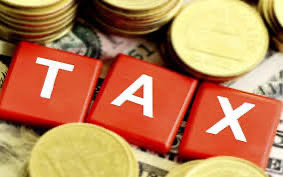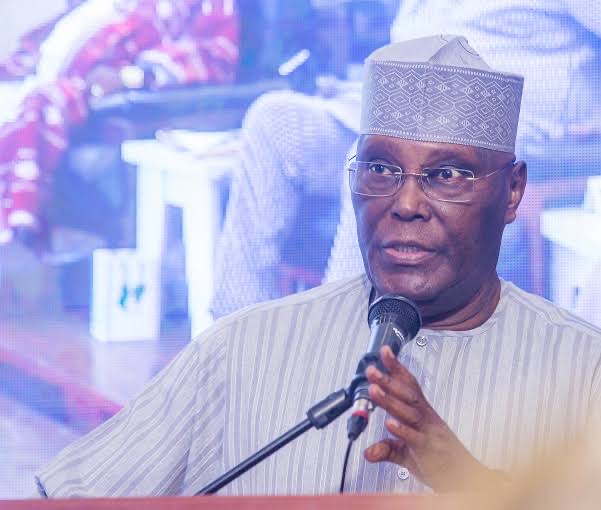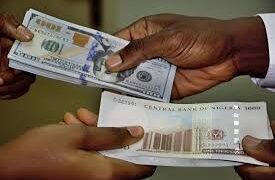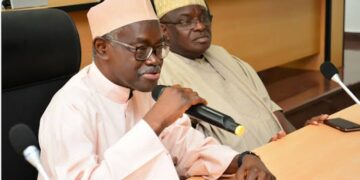Former Vice President Atiku Abubakar has strongly criticized the Nigerian federal government’s proposal to increase the Value Added Tax (VAT), arguing that it will have severe consequences for the country’s citizens. Atiku’s remarks came in a statement released on Sunday, in which he warned that the VAT hike would exacerbate the existing cost-of-living crisis and further burden Nigerians.
Atiku expressed deep concern about the government’s plan to raise the VAT rate from 7.5% to 10%. He highlighted that this decision comes at a time when petrol prices are also increasing, compounding the financial strain on Nigerians. According to Atiku, the move reflects a troubling shift towards policies that will only deepen the economic hardships faced by many people in the country.

The former Vice President accused President Bola Tinubu and his advisors of pursuing what he called “regressive and punitive” policies. He suggested that these policies would have a detrimental impact on Nigeria’s fragile economic growth and worsen the living conditions of the poor.
Atiku also criticized President Tinubu for his perceived insensitivity, pointing out that while the government imposes new taxes and economic burdens, the President and his family are indulging in luxury, including expensive renovations and the acquisition of new jets and vehicles.
Atiku further criticized the administration for its approach to taxation and economic management. He noted that the ongoing increases in taxes and interest rates have been particularly harmful to businesses of all sizes, leading to job losses and increasing suffering among the poor.

The manufacturing sector has been notably affected, with its contribution to the nation’s GDP declining by over 20% since December 2023, according to reports from the National Bureau of Statistics (NBS).
In addition to his concerns about VAT, Atiku addressed another recent policy shift by President Tinubu’s administration regarding agriculture. In early August, the government introduced a policy allowing for the duty-free importation of agricultural commodities such as wheat, maize, and rice. Atiku criticized this policy, arguing that it threatens Nigeria’s food security by undermining local farmers who face unfair competition from cheaper imports.
This, he said, could lead to reduced production efforts by local farmers, jeopardizing job creation and the long-term viability of the agricultural sector.
Atiku urged President Tinubu and his advisors to focus on developing sustainable solutions to address the economic challenges facing Nigeria rather than implementing measures that might further destabilize the economy.
He stressed the importance of creating policies that support economic stability and growth, rather than adding to the existing hardships experienced by many Nigerians.


































